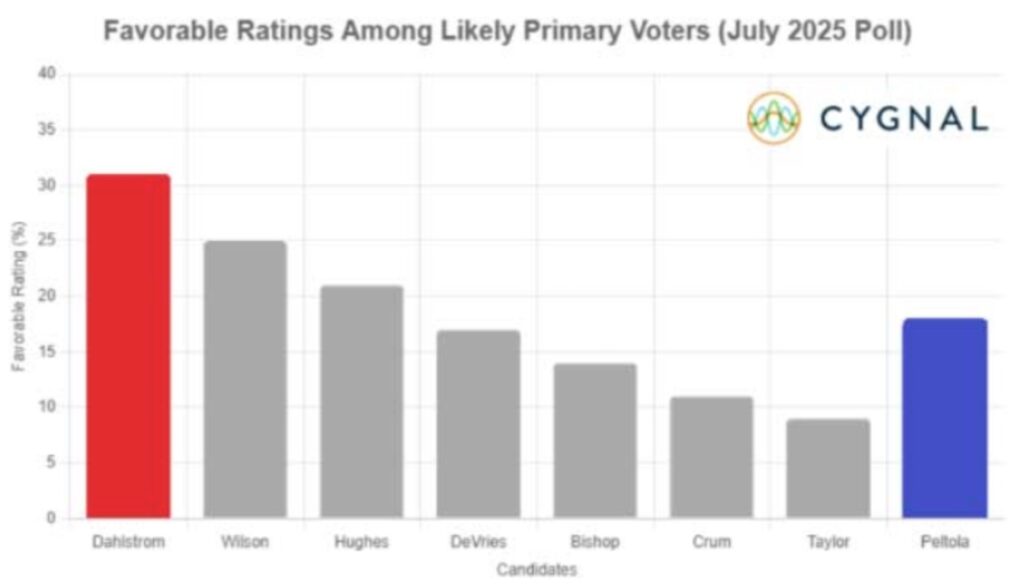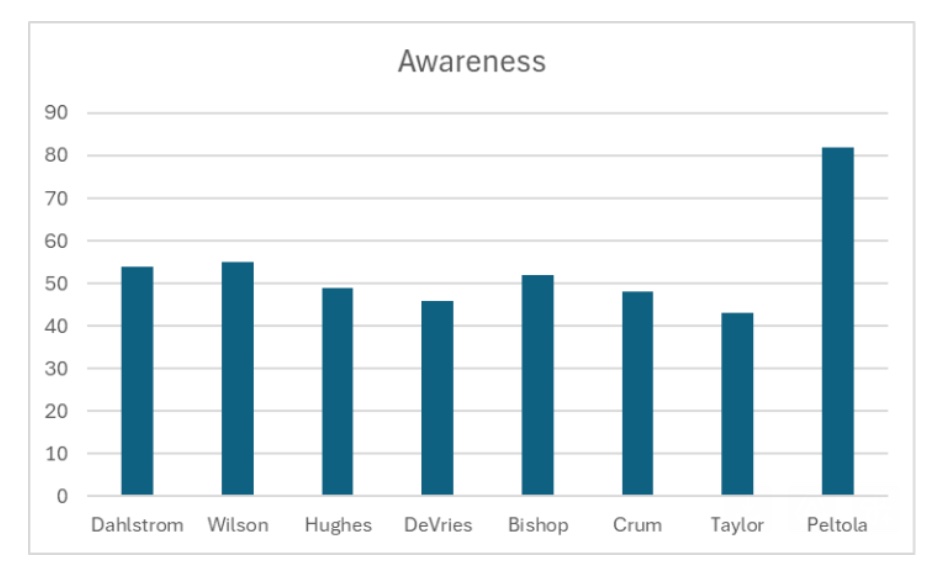By MICHAEL TAVOLIERO
The Lost Memory of a Limited Republic
No American alive today remembers life before the 1930s, when the federal government’s reach into local and private life was still visibly restrained, though even then, much had already been eroded under Theodore Roosevelt and Woodrow Wilson. History books portray the late 1920s and 1930s as a morality tale of capitalism’s greed producing the Great Depression. Yet that narrative itself was shaped by progressive revisionism, magnifying crisis to justify the centralization of power in Washington.
Some contemporaries warned of the danger.
H.L. Mencken, in “Prejudices: Sixth Series” (1927), described a government that had “spread out its powers until they penetrate to every act of the citizen, however secret,” cloaking itself in “the high dignity of a state religion,” while remaining “the common enemy of all well-disposed, industrious and decent men.”
Albert Jay Nock, in “Our Enemy the State” (1935), saw the same dynamic: every crisis gave the federal state new pretext to grow, while citizens bartered liberty for temporary relief, only to find perpetual dependency instead.
The FDR administration like its contemporary, the Obama Administration, was a master class in the creating crisis and growing the leviathan: every emergency was seized as a pretext for Washington to expand, while citizens, desperate for stability, bartered liberty for temporary relief, only to discover dependency as the lasting inheritance. This “ratchet effect” ensured that once federal power grew, it never fully receded, transforming temporary crisis measures into permanent features of governance.
The paradox is unmistakable. It fostered the belief that federal power had eliminated some of the nation’s greatest injustices, particularly civil rights inequities. Yet, when extended far beyond that limited achievement, it has eroded pluralism, estranged states from their rightful authority, distanced communities from self-governance, and left citizens feeling disconnected, thus, reshaping national culture into uniformity rather than unity.
Judicial Overreach: The “Switch in Time”
In 1823, Thomas Jefferson wrote in a letter to Judge William Johnson that there was no danger he dreaded so much as “the consolidation [i.e., centralization] of our government by the noiseless and therefore unalarming instrumentality of the Supreme Court.”
That decisive break came with two Supreme Court rulings over a century later.
In NLRB v. Jones & Laughlin Steel (1937), the Court upheld the National Labor Relations Act, declaring that labor disputes inside a single Aliquippa, PA, factory could be federally regulated because they might indirectly affect interstate commerce. The barrier between local and national affairs began to dissolve.
In Wickard v. Filburn (1942), the Court extended this logic to the absurd. Roscoe Filburn, an Ohio farmer, grew wheat for personal use. The Court nevertheless held that his actions affected interstate commerce because if many farmers did likewise, the national wheat market would be disrupted. With that reasoning, virtually any activity could be brought under federal regulation.
Just as the Dobbs decision declared that the Constitution is silent on the malevolence of abortion, and thus authority belongs to the people and their states, a reversal of NLRB and Wickard will restore economic self-government to the states. Roe represented the moral overreach of centralizing life-and-death decisions in Washington; NLRB and Wickard represents the constitutional overreach of centralizing the nation’s economic life in Washington.
Dobbs marked a step back toward federalism. Undoing NLRB and Wickard will complete that step, returning not only one issue but the structure of economic liberty to the people of the states. These cases were not modest adjustments in constitutional doctrine; they were catastrophic revolutions. They converted the federal government from a limited power into an open-ended regulator of American life. They were the moral equivalence of murdering the freedoms of our constitutional republic.
A Reversal: Toward Constitutional Reformation
“The great advances of civilization… have never come from centralized government.”, Milton Friedman, “Capitalism and Freedom” (1962).
What if these cases were reversed? The consequences will be immense, not chaotic, but reformational. Federal power will retreat to its proper domain: defense, foreign policy, currency, and genuine interstate commerce. States will once again govern their own affairs.
One of the prevalent concerns of all freedom loving Americans as we approach the 2030’s is the overreach of federal regulatory power. The reversal of NLRB will lose sweeping control the federal bureaucracy has over labor relations. Federal wage and overtime mandates will no longer apply. Wickard’s reversal will end the fiction that Washington can regulate private gardens, home businesses, or purely local commerce.
Economic Impacts to the Taxpayers, States and Federal Government
The economic savings and benefits of reversing NLRB and Wickard are overwhelmingly rich and substantive, but it ventures into territory where there is no authoritative data or modeling available as it appears no one has ever considered creating an economic model which portends the realities manifested to the tax payer, businesses, the states and the federal government. Yet isn’t this the foundation of the Trump administrations’ goal?
A vast variety of alphabet agencies will collapse, taxpayer savings will amount to an estimated direct federal budget savings of $40–50 billion annually, indirect regulatory/compliance relief of about $500 billion annually and over the next ten-year horizon $5 trillion plus in taxpayer and economic relief.
The potential nationwide economic impacts to the states, expressed in today’s dollars, can be estimated as follows. Direct state and local budget savings may reach $30–60 billion annually, amounting to $300–600 billion over ten years. Indirect private-sector relief from reduced regulatory compliance could total $350–650 billion annually, or approximately $3.5–6.5 trillion over ten years.
In addition, a dynamic growth premium from states, that successfully attract more people, businesses, and capital than they lose, could yield an extra $1–2 trillion in cumulative output over 10 years. Taken together, the total national uplift is estimated at $4.8–9.1 trillion over a decade, with most of the gains accruing to the states in the form of higher private-sector income, stronger investment, and an expanded tax base, provided states seize the opportunity to compete.
A Return to Federalism
A return to federalism will roll back Commerce-Clause–driven intrusions, paring the intrastate reach of agencies like the NLRB, OSHA, EPA, EEOC, and parts of USDA and FDA, and shift civil-rights enforcement against private actors back to the states.
With state power restored, labor, agriculture, environmental rules, and civil-rights policy will be set locally, producing diverse regimes that reflect community values. Washington will retain its taxing and spending tools (and grant conditions) but lose authority to directly regulate local conduct. Returning authorities will again be a state prerogative.
The most contentious change is the relocation of civil-rights responsibility: without Commerce-Clause enforcement of the 1964 Act against private businesses, states would bear the burden. States will then carry the burden of protecting equality, and the differences among them will be stark.
Yet in today’s environment, those differences will not remain hidden. They will be nationally visible, dissected in real time, and subject to relentless scrutiny through social media, independent journalism, and other digital platforms. Public review will amplify disparities, pressure policymakers, and ensure that state choices reverberate beyond their borders.
Decentralization will be uneven and at times painful; some states will fail in the task, but the people will recover. The remedy, however, is not perpetual federal supervision but civic responsibility, voting, organizing, moving, and holding local officials to account.
Reversing NLRB and Wickard is not a technical tweak but a constitutional reformation: restoring states to their rights and duties, reintroducing competition in governance, and reviving the federalist design the Framers envisioned. Reagan’s adage, that Americans can “vote with their feet”, will become lived reality. The civic estrangement begun in 1937 and 1942 will give way to self-government by free citizens in their own communities.
Michael Tavoliero: Open the door to freedom by restoring senior citizens’ choice and dignity
Michael Tavoliero: Coincidences or conspiracies?
Michael Tavoliero: The slow surrender of senior independence to government dependence
Michael Tavoliero: Why HB 57 missed the mark on education reform












